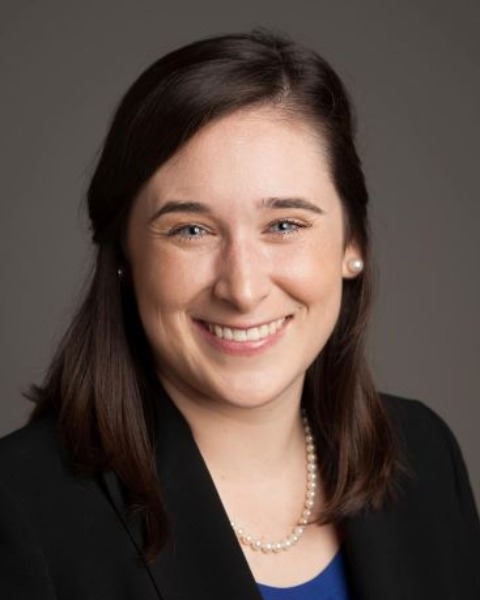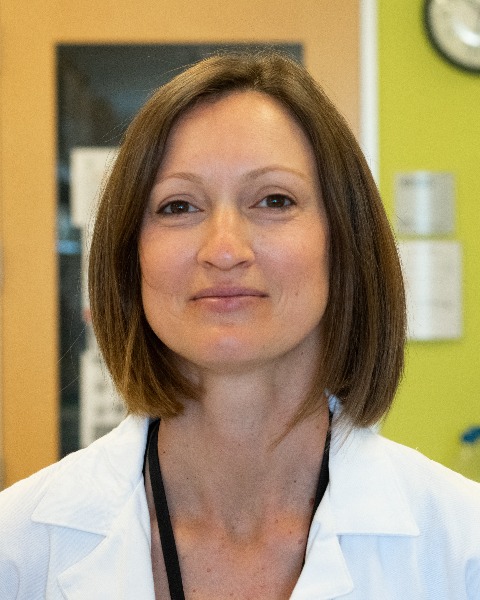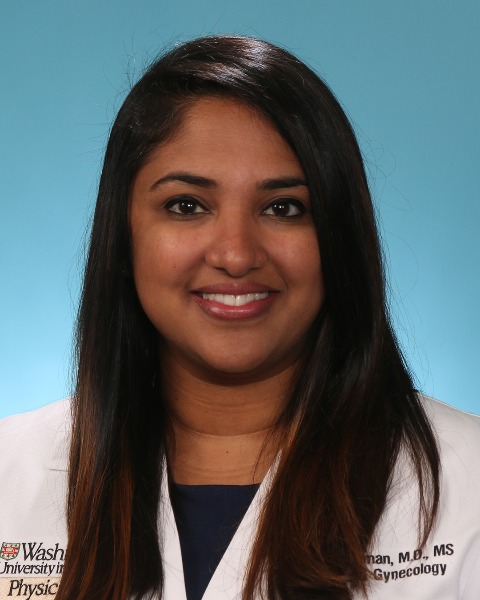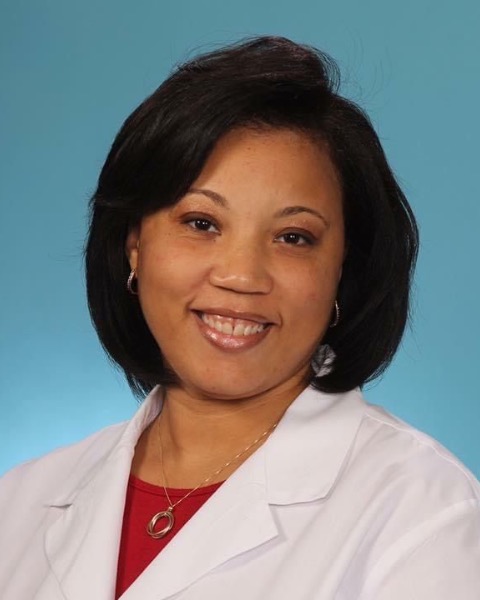Category: Prematurity
Poster Session II
(414) Rupture before 34 weeks: Does offering expectant management beyond 34 weeks make a difference?
Prelabor preterm rupture of membranes (PPROM) at less than 34w0d historically underwent expectant management (EM) with planned delivery at 34w0d, but ACOG recommendations changed in 03/2020 to include shared decision-making (SDM) for EM beyond 34w0d (extended EM). We sought to compare maternal and neonatal outcomes for patients admitted with PPROM < 34 weeks before and after implementing a SDM tool for extended EM.
Study Design:
This is a retrospective cohort study at a single academic institution of all patients presenting with PPROM between 23w0d and 33w6d from 01/2019 – 03/2022. Eligible patients were counseled and offered extended EM. We compared maternal and neonatal outcomes for those that ruptured prior to 34w0d before and after implementation of the SDM tool. Fisher exact, chi squared, and t tests were used for comparison.
Results:
A total of 199 patients presented with PPROM at 23w0d – 33w6d; most patients (170/199, 86%) delivered prior to 34 weeks and were not eligible for extended EM (Figure 1). Of a total of 29 patients eligible for extended EM, 23% (4/17) were offered prior to the SDM tool. Of those, 75% (3/4) accepted. After the SDM tool, significantly more patients were offered extended EM (75% (9/12), p=0.01), but a minority accepted (22% (2/9), p=0.08). There were no differences in maternal cesarean delivery rates (67.2% vs 69.8%, p=0.76), intrauterine infection (2.5% vs 1.2%, p=0.64), or postpartum hemorrhage (0.8% vs 1.2%, p=1.00) (Table 1). No cases of intrauterine infection or postpartum hemorrhage occurred in patients electing for extended EM. Of neonates delivering after 34w0d, there was no difference in gestational age at delivery (34 vs 34 weeks, p=0.98) or neonatal weight (2381g vs 2430g, p=0.75).
Conclusion:
Routinely offering extended EM for PPROM < 34 weeks in eligible patients did not significantly affect maternal or neonatal outcomes. The SDM tool increased the number of patients offered extended EM; however, most patients did not elect for extended EM.

Bridget C. Huysman, MD, MPH (she/her/hers)
Fellow Physician
Washington University School of Medicine
St. Louis, Missouri, United States
Sydney M. Thayer, MD
Washington University School of Medicine
St. Louis, Missouri, United States
Annessa Kernberg, MD
MFM Fellow
Washington University School of Medicine
St. Louis, Missouri, United States
Antonina I. Frolova, MD,PhD (she/her/hers)
Assistant Professor
Washington University School of Medicine
St. Louis, Missouri, United States- AZ
Amanda C. Zofkie, MD
Washington University School of Medicine
St. Louis, Missouri, United States .jpg)
Anthony O. Odibo, MD
Professor
Washington University School of Medicine
St. Louis, Missouri, United States
Nandini Raghuraman, MD,MSc (she/her/hers)
Assistant Professor
Barnes Jewish Hospital, Washington University in St Louis
St. Louis, Missouri, United States
Ebony B. Carter, MD, MPH (she/her/hers)
Associate Professor, MFM; Chief, Division of Clinical Resarch
Washington University School of Medicine
St. Louis, Missouri, United States- JK
Jeannie C. Kelly, MD,FACOG,MS
Associate Professor
Washington University School of Medicine
St. Louis, Missouri, United States

.png)
